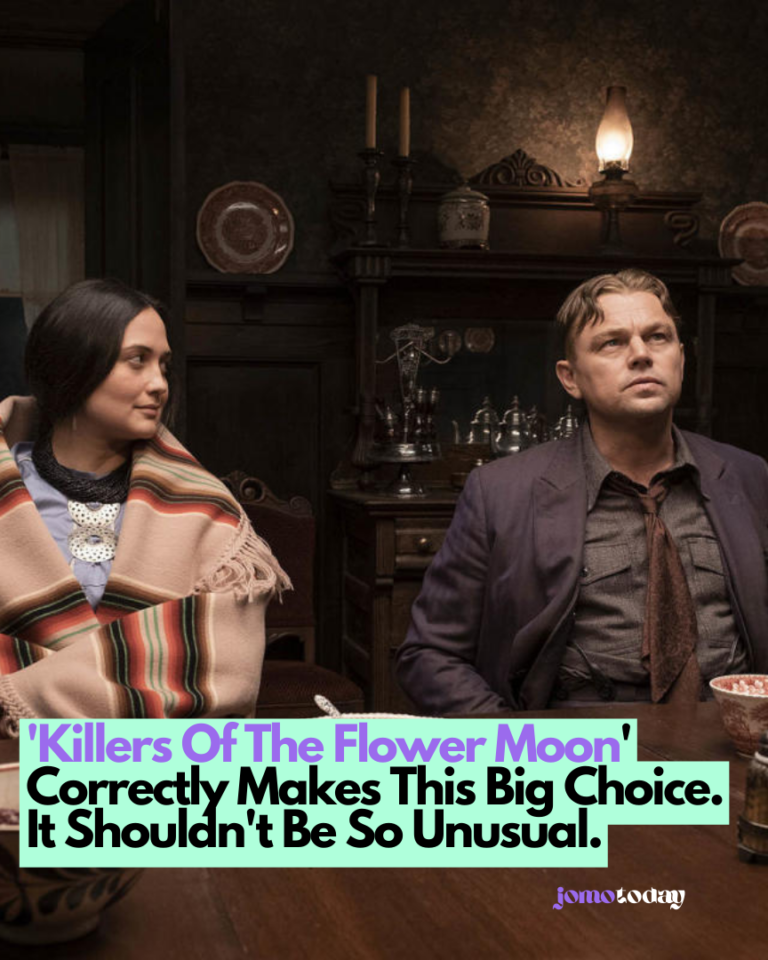In a Moscow mall, a large pink house stands prominently near the food court, complete with pink decorations and life-size Barbie and Ken cutouts, both smiling broadly. Their happiness might be due to the Barbie film’s success in the cinema across, unaffected by Western sanctions. Even after Hollywood stopped releasing movies in Russia post Ukraine’s invasion, some movies, like Barbie’s, found a way in through unauthorized copies and were translated into Russian.

Interestingly, when inquired about their movie choice, visitors often cite a short Russian film. This is a tactic employed by some cinemas to circumvent licensing issues. They sell tickets for Russian shorts and display the Barbie film as a ‘preview’.
However, Russia’s culture ministry isn’t pleased, arguing that the film contradicts the values outlined by the president. Yet, many cinemagoers appreciate its presence. Karina emphasizes people’s choice, while Alyona highlights cultural open-mindedness. Russian MP Maria Butina, however, criticizes Barbie, both the toy and the movie, for its potential harmful influence on girls. She has expressed concern over the movie’s unauthorized screenings.
When reminded about Russia’s own law violations concerning Ukraine’s invasion, Butina deflects, portraying Russia as a savior and blaming the West for the war.
There’s a recurring narrative in Russia, where Moscow is depicted as a mediator rather than an instigator. The belief that the West wants to destroy Russia is prevalent. A new school textbook even presents Western influence as destructive, suggesting that the West’s goal in the 90s was to replace Russia’s core values with individualism.
Yet, back in the Moscow cinema, many seem receptive to Western culture. Shifting the scene to Shchekino, a town distant from Moscow, reveals a different mood. A concert showcases soldiers singing about patriotism and Russian supremacy, coupled with images of Russian military strength, sans any reference to Barbie. The townfolk, largely patriotic, believe in the significance of Russian cinema focusing on traditional values.
However, not all share this viewpoint. Diana, for instance, believes in the universality of art and opposes limiting oneself to a single nation’s art. She underscores the importance of global exposure to nurture a cultured and sociable individual.
Read more: Donald Trump liable for business fraud, says judge in New York civil case






Leave a Comment